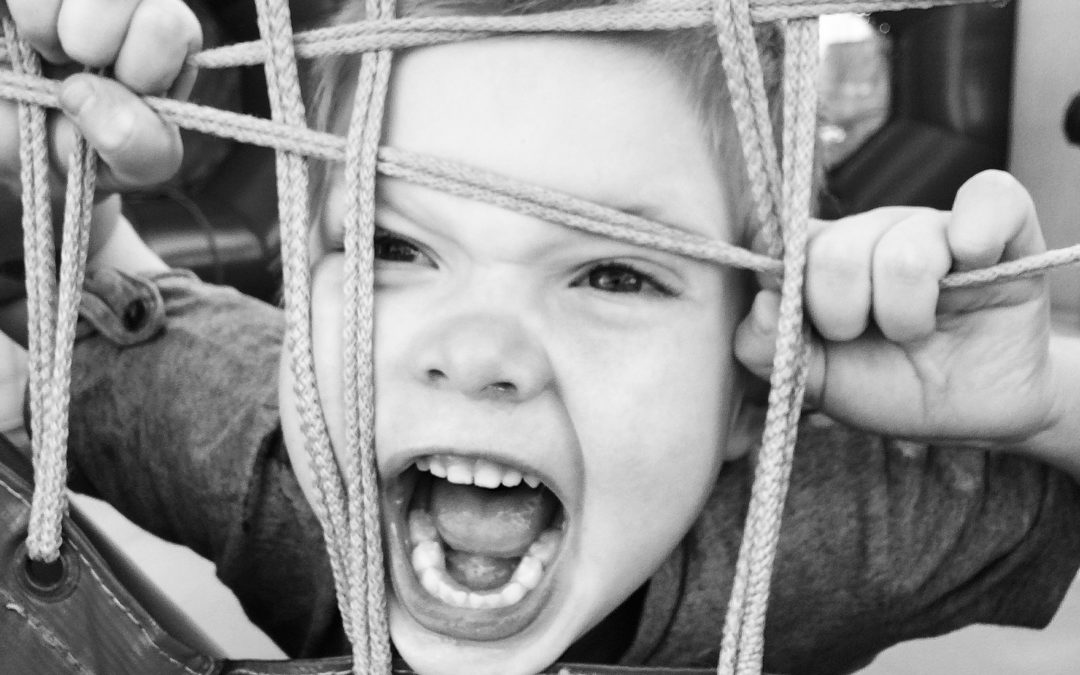
Discipline
Your picture of what discipline is will be shaped by your own experiences as a child growing up, and, from the moment they are born, your experience as a parent.
WHAT DOES THE WORD MEAN TO YOU?
Ask any group of adults what they think ‘discipline’ means & you are likely to get a range of moans and groans. Your picture of what discipline is will be shaped by your own experiences as a child growing up, and, from the moment they are born, your experience as a parent.
There are also many different definitions of the word (& it is often linked to ‘punishment’), but a more positive take would be:
“Discipline is the refining fire by which talent becomes ability.” Roy L.Smith.
And to remind us that discipline does not just relate to childhood…
“Many of life’s circumstances are created by three basic choices: the disciplines you choose to keep, the people you choose to be with; and, the laws you choose to obey”. Charles Millhuff.
As with most parenting skills, there is no ‘one size fits all’ solution – even within families, you may find different children respond better to different methods of discipline. However, whatever method you use, there are some tips:
• Be consistent – this means both you and your partner (and anyone else closely involved in parenting your children) must apply the same rules & boundaries – consistently – which means all the time. If you are not consistent children will pick up on this very quickly and work out how to bend the rules i.e. which parent will let me get away with this…
• Say what you mean, mean what you say – before you open your mouth, think about whether you are able to follow through…’you are grounded forever’ is just not going to happen – and they know it! If you say ‘no’ to something, be sure you will stick to it – no matter how much nagging and pleading may go on. If you don’t, your children will just nag & plead all the more next time…
• Move with the times – you can’t keep the same rules & methods of discipline throughout your children’s lives. It is simple – they grow up. You need to be ready to adapt to new challenges as they come up e.g. you may not need rules for use of mobile phones or curfews for a 3 year old but you do need them for a 13 year old!
• Pick your battles – don’t get into constantly saying ‘no’ ‘don’t touch that’ ‘you can’t do that’ ‘stop it’ – some things are not worth fighting over. Try to focus on the positive/good things more that the negative/bad behaviour.
• Love – always discipline in love. If you are angry, take some time out to think things through before you act – simply say ‘I am feeling very angry right now, I need some time to think about this then I will come back to you’. (Obviously make sure younger children are in a safe place while you do this!) This rule also means it is easier to have a ‘zero tolerance’ policy, nipping the important things in the bud before they build into a big deal.
However you do it, stop & listen to yourself – kind of an ‘out of body experience’ if you can…imagine what it might feel like to be the child on the other side.
Does their behaviour need disciplining?
Sometimes, our reaction to something is simply that – a reaction. It can be helpful to stop and really think, is there a ‘need’ for discipline here?
• Are you telling your child off for being upset, or angry or grumpy? Do you ever feel or act like this? Are we expecting our children to be able to be happy all the time, when we know we would not be able to achieve that ourselves.
• Is your frustration justified? It may be if they aren’t doing their homework, keeping their room clean, leaving stuff all over the house, treating you like a taxi service etc. But sometimes we just get stuck in the negative, not ‘picking our battles’ but going after everything and anything that is wrong.
• Look for the positive. What are they doing right? How can you encourage them to do more of this rather than criticise them for what they are doing ‘wrong’? Are you being too impatient & not letting them learn from their mistakes?








